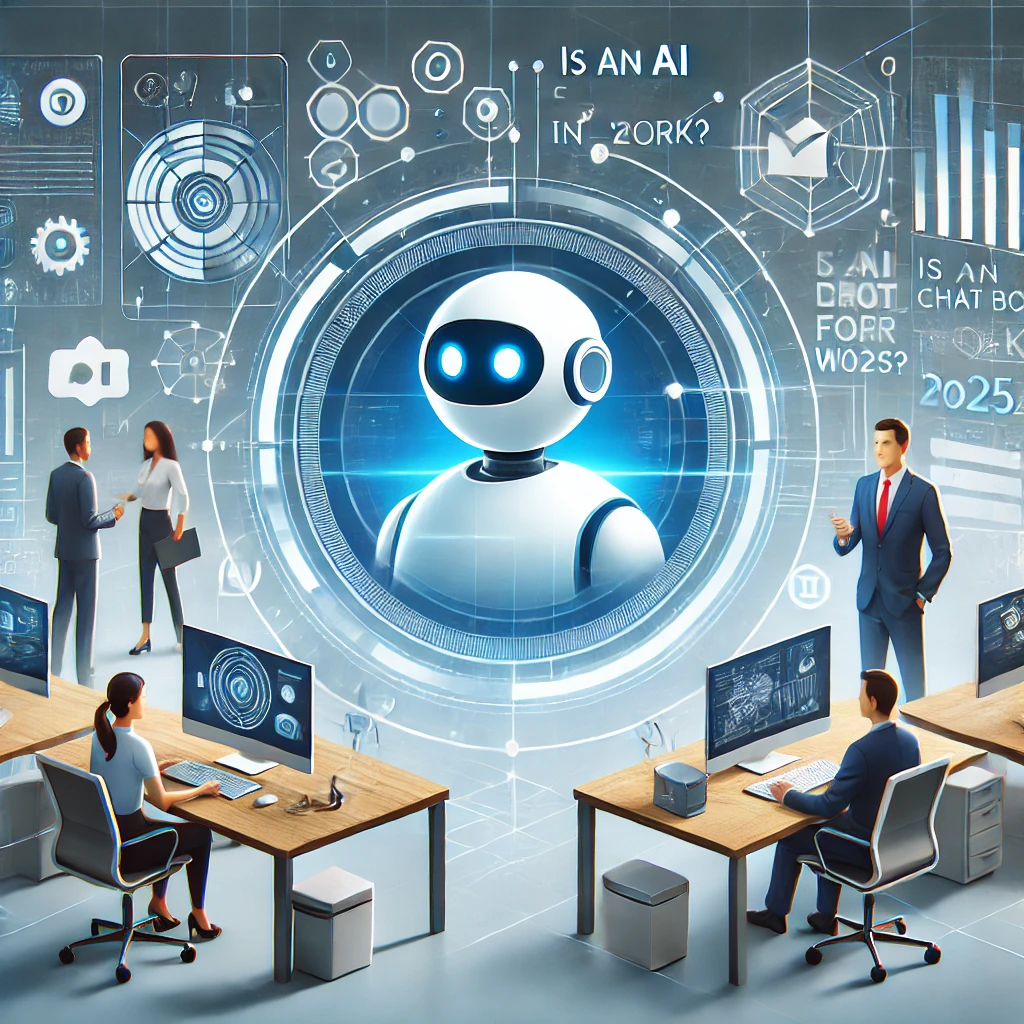As I continue to see AI technology advancing, the question of safety around AI chatbots naturally comes to mind. AI Chatbot have become an integral part of many businesses and personal lives, but are they truly safe to use? This is a concern many people, including myself, have considered as we engage with AI-driven systems. While chatbots offer convenience and efficiency, their safety depends on various factors that I’ll explore in this article.
1. Data Privacy Concerns
One of the primary concerns when using AI chatbots revolves around data privacy. I’ve noticed that many chatbots, especially those used in customer service, require users to input personal information, such as names, email addresses, or even sensitive data like account numbers. The question then arises: how securely is this information being handled?
In comparison to human agents, chatbots can store vast amounts of data quickly, but this also means they can become a target for hackers if not properly secured. Businesses need to ensure that chatbots operate within strict privacy guidelines, using encryption to protect user information. I think it’s essential for users to be aware of how their data is stored and shared by the chatbot provider. In particular, companies should clearly communicate their data policies to build trust with their users.
2. Potential for Misuse
AI chatbots are incredibly useful, but they can also be misused if not monitored correctly. For instance, chatbots could inadvertently share incorrect or harmful information if they aren’t programmed and updated regularly. I’ve seen situations where poorly managed chatbots give inaccurate responses, which can lead to frustration or even harm, depending on the context.
In comparison to traditional human interactions, chatbots don’t have the ability to reason or clarify if their response is misunderstood. This means that developers need to ensure that chatbots are constantly learning from their interactions and improving over time. If this ongoing maintenance doesn’t happen, the chatbot’s effectiveness and safety could be compromised.
3. Bias and Discrimination
Another challenge I’ve encountered with AI chatbots is the potential for bias. Since chatbots are trained on large datasets, they can sometimes reflect the biases present in the data they’ve learned from. This can lead to biased responses or discriminatory behavior, even though the chatbot itself isn’t intentionally acting this way.
For example, there have been instances where chatbots have given responses that unintentionally reflect societal biases, causing concern among users. Developers need to be cautious when training AI chatbots, ensuring that their systems are as neutral and fair as possible. In comparison to human agents, who can adjust their responses based on empathy or cultural understanding, chatbots need strict programming to avoid these pitfalls.
4. Security of Conversations
I’ve noticed that people are also concerned about the security of their conversations with chatbots. For instance, if a chatbot is hacked or compromised, private conversations could be exposed, leading to breaches of confidentiality. In particular, industries like healthcare and finance need to be especially cautious, as they deal with highly sensitive information.
Likewise, chatbots used in more personal contexts, such as AI sexting chatbots, raise concerns about how secure these interactions are. Users engaging with these kinds of bots should always verify the security protocols in place, such as end-to-end encryption, to protect their privacy. Although chatbots provide a sense of convenience, the safety of these conversations must always be prioritized.
5. Overdependence on Chatbots
I’ve noticed that as chatbots become more integrated into our lives, there’s a risk of overdependence on them. While chatbots can handle many tasks effectively, they aren’t perfect, and relying solely on them for critical functions can lead to problems. For example, if a chatbot malfunctions or provides incorrect advice, users may face challenges without a human agent to turn to.
In comparison to AI systems, humans bring emotional intelligence and problem-solving abilities that chatbots currently lack. Although chatbots can provide quick answers, they may struggle with more complex queries or nuanced situations. This is why I believe it’s essential for businesses and users alike to recognize when human intervention is necessary and ensure that chatbot systems are supported by a robust human backup.
6. How to Ensure Safe Chatbot Use
Despite the risks associated with AI chatbots, I believe there are several ways to ensure their safe use. For starters, businesses must be transparent with their users about how their chatbots function and what data they collect. It’s also essential for companies to invest in regular updates and security checks to keep chatbots running efficiently and safely.
Users, too, should take responsibility for their own safety when interacting with chatbots. I always recommend double-checking the chatbot provider’s privacy policies and ensuring that sensitive information isn’t shared without proper encryption. Likewise, users should be cautious of sharing personal details with bots that don’t offer clear security measures.
Meanwhile, it’s also important to balance chatbot use with human interaction. While chatbots are helpful for routine tasks, I think businesses should maintain the option of speaking with a human agent for more complex or sensitive matters. This ensures that if the chatbot falls short, users still have access to reliable support.
Conclusion
Clearly, chatbots offer numerous benefits, but their safety depends on several factors, including data privacy, security, and proper maintenance. While I’ve found chatbots to be incredibly convenient, it’s important to be aware of the potential risks and to take steps to mitigate them.
As chatbots become more advanced, their safety will remain a key concern for both developers and users. Eventually, with the right precautions and improvements, chatbots will continue to be a valuable tool that enhances our daily interactions, provided we maintain vigilance over their use.


